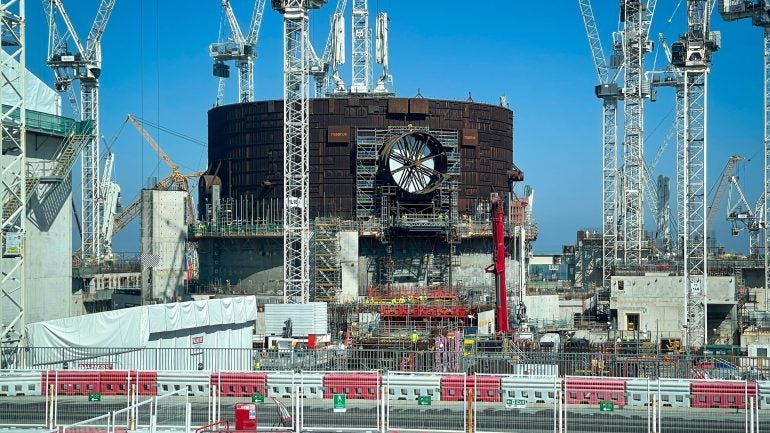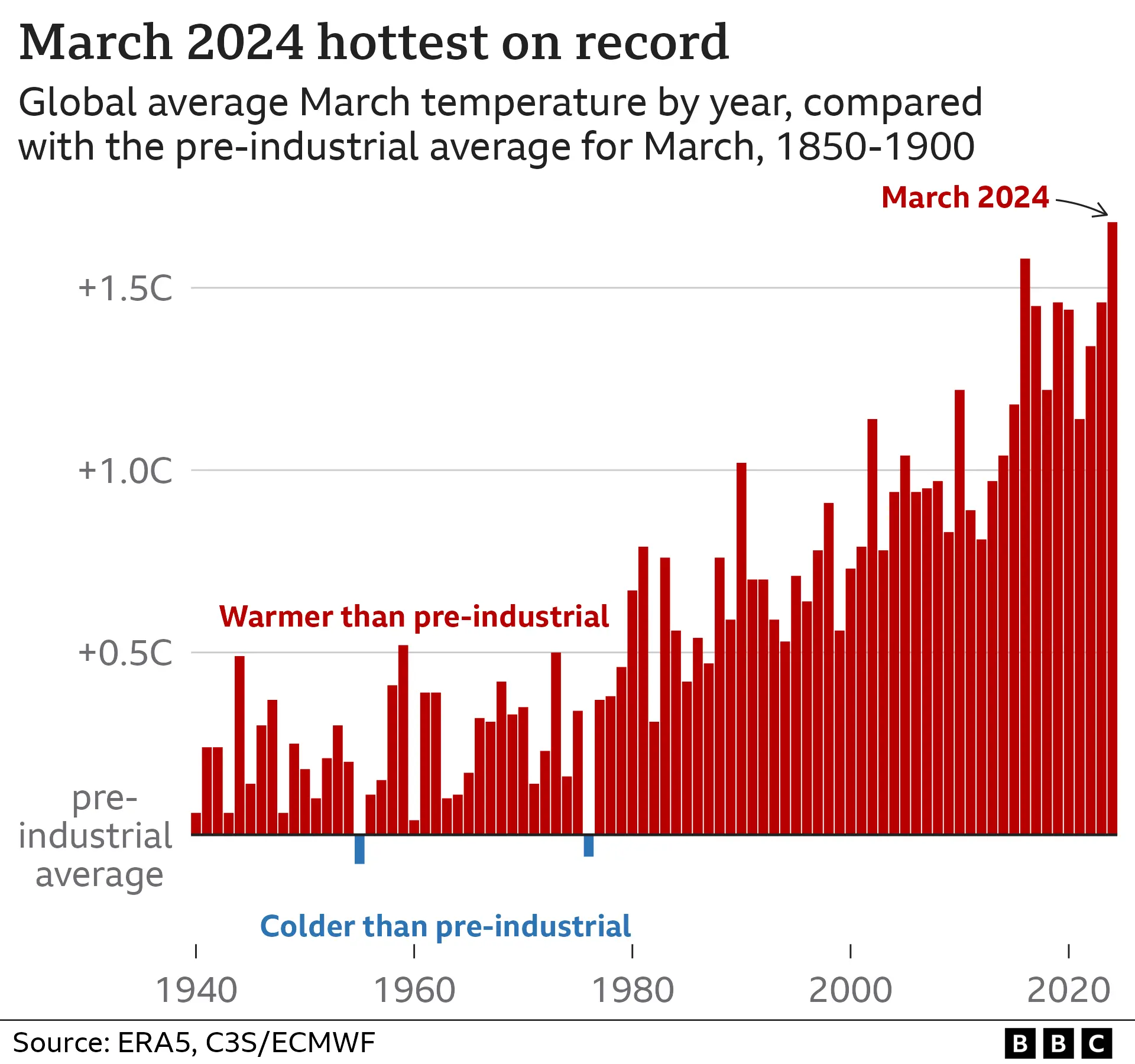‘Starmer’s only spending commitment is to weapons of war’

Peace campaigners blast Sir Keir for pledging to boost arms spending while backing austerity for public services
LABOUR leader Sir Keir Starmer faced backlash as he vowed to put billions into the pockets of war-hungry arms companies after claiming there are no funds for cash-starved public services.
Today, Sir Keir announced plans to boost Britain’s defence budget to 2.5 per cent of GDP.
Matching the Tories’ current pledge, costs could amount to £9 billion.
He made the announcement ahead of a visit to a BAE Systems shipyard in Barrow-in-Furness, where the next generation of Trident nuclear submarines are being built.
According to the Campaign for Nuclear Disarmament, costs for the programme could spiral as high as £205bn.
During the visit he pledged to “triple lock” Labour’s commitment to Britain’s nuclear submarine programme, backing the building of the four new submarines.
He reiterated his support for Aukus, a security pact with Australia and the United States, which involves the development of nuclear submarines as part of Washington’s bid to encircle China with military alliances.
…
Morning Star: The case for nuclear weapons is morally and logically bankrupt

…
Starmer claims that we need nuclear weapons “in the face of rising global threats and growing Russian aggression.” Well, Britain is already deeply embroiled in a conflict involving Russia. Nuclear weapons have done nothing to avoid that conflict and indeed, the expansion of nuclear-armed Nato to the borders of Russia is a huge contributing factor.
If Starmer truly believed in advancing international security, he would be calling for a ceasefire in Ukraine now, alongside a ceasefire in Gaza, where Israel (a nuclear-armed state) is committing genocide against the Palestinian people.
However, the biggest lie in today’s announcement is the idea that investment in weapons of mass destruction will “build a secure future” for families in Barrow or elsewhere.
…
If Labour really cares about the creation of secure well-paid jobs, it would take the money to be wasted on Trident and invest in rebuilding Britain’s manufacturing base, creating high-skilled, well-paid jobs for communities which has suffered the ravages of 40 years of deindustrialisation.
As former Labour leader Jeremy Corbyn said today, “Security is being able to put food on the table. It’s having a roof over your head.”
…
Nuclear energy ‘now an obstacle to delivering net zero’ – Greenpeace

Nuclear energy provides around 10% of electricity globally and around 25% of the world’s low-carbon electricity. With 439 operable reactors already in existence and a further 61 under construction, governments are investing in nuclear as a bridge in the energy transition.
However, according to Greenpeace director of policy Doug Parr: “Nuclear power can’t bridge the gap between anything and anything. It is too slow. It is too expensive. It is a massive distraction.”
Speaking about the role of nuclear energy in the UK’s transition, Parr tells Energy Monitor: “It doesn’t help with the kind of grid system that we need, which is going to be renewables heavy. I think the UK focus on nuclear power is now an obstacle to delivering net zero because it is sucking up time, energy and political bandwidth, which can be spent on more useful things.”
…
Parr disagrees, arguing that governments should be investing in more immediate solutions. He points to investment in Sizewell C – the 3.2GW power station set to be built in the English county of Suffolk – where construction is set to commence this year. It is likely to take between nine and 12 years to complete, but delays at Hinkley C (of which Sizewell C will be a close copy) have stirred doubt.
“We will be putting a lot of money into something like Sizewell C, when actually we will find that it is a white elephant by the time it has opened,” he contends. “We will have spent all that time, energy and effort, which could have been put into improving our housing stock, improving our grid or improving the ability of electric vehicles to meet the needs of people through a proper charging network – things that would actually would deliver this decade, not in 15 years time. So, we would cut a lot more carbon, we would get something done that is useful and we wouldn’t have piles of messy radioactive waste that we still don’t know what to do with.”
Climate change: ‘Uncharted territory’ fears after record hot March
…
“By the end of the summer, if we’re still looking at record breaking temperatures in the North Atlantic or elsewhere, then we really have kind of moved into uncharted territory,” Gavin Schmidt, the director of Nasa’s Goddard Institute for Space Studies, told BBC News.
…
March 2024 was 1.68C warmer than “pre-industrial” times – before humans started burning large amounts of fossil fuels – according to the EU’s Copernicus Climate Change Service.

…